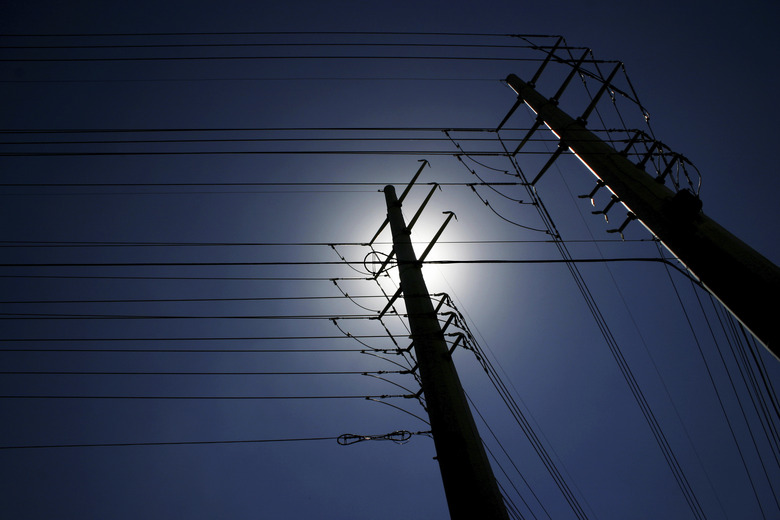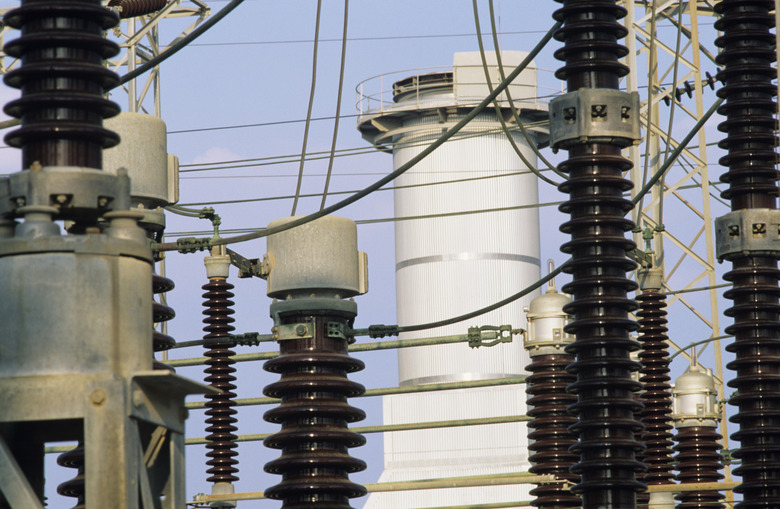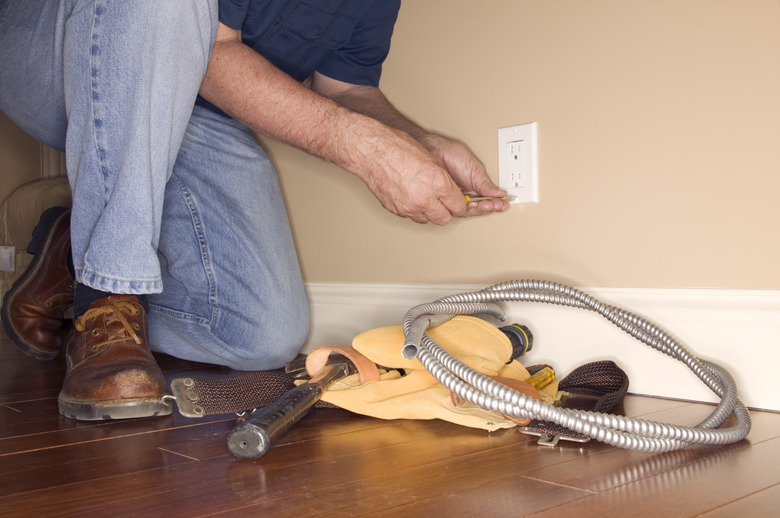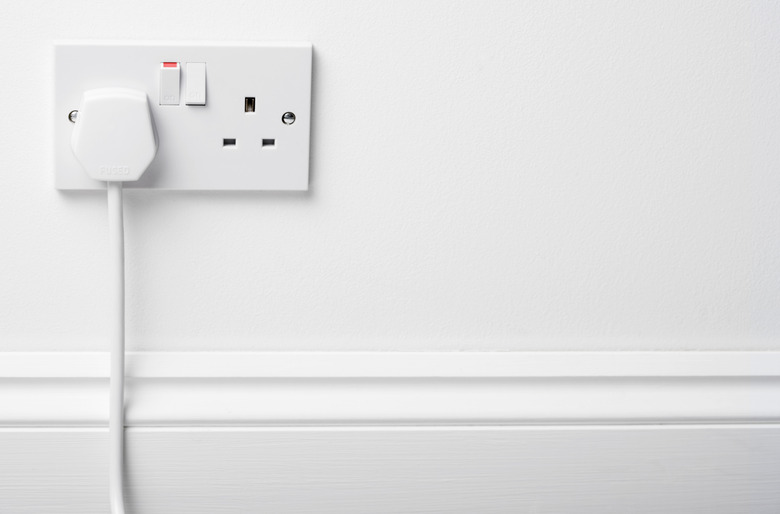Can A Sudden Power Outage Damage Electrical Appliances?
Electrical appliances will, of course, stop working if the power goes out. This is inconvenient but not necessarily harmful. When electrical power comes back after an outage, it goes through a surge condition. This "tidal wave" of electricity can damage appliances left turned on.
Nominal Current
Nominal Current
During normal electrical conditions, appliances use electrical current according to their purpose and rating. The AC line voltage is normal and stable, and the motors, heaters and electronics in an appliance behave the way they were designed. The appliance uses a nominal amount of current.
Brownout
Brownout
The electrical system can suffer brownouts, or severe dips in voltage, particularly during hot weather, when air conditioning taxes the power grid. The normal 105 to 120 volts drops below 90 volts for seconds or minutes. This causes electric motors to run inefficiently or not at all.
Blackout
Blackout
Damage to power lines, severe weather, and aging equipment can cause the electricity to go out in a wide area. In such a case, electricity can't travel from the power generating station to your home or office. The wires supplying electricity become empty of electrical current.
Current Surge
Current Surge
When the utility restores power to an area, the wires, which were empty of electrical current, experience an inrush called a surge. During the surge, electricity flows in rapidly to fill the empty wires. Momentarily, the current flowing in greatly exceeds the nominal current that appliances were designed to handle.
Voltage Surge
Voltage Surge
The line voltage can surge when the current does, spiking the normal 110 volt line with 200 volts or more for brief periods. This can happen after blackouts, from lightning strikes, or for other causes. Severe voltage surges can damage or destroy most electrical equipment.
Protection
Protection
If the power goes out for an extended time, switch off or unplug electric lights and any appliances, including computers, televisions and refrigerators. When the power comes back on, let the electricity stabilize for a few minutes before turning appliances back on. For computers and expensive electronics, invest in power strips with surge suppressors or similar protective equipment.






